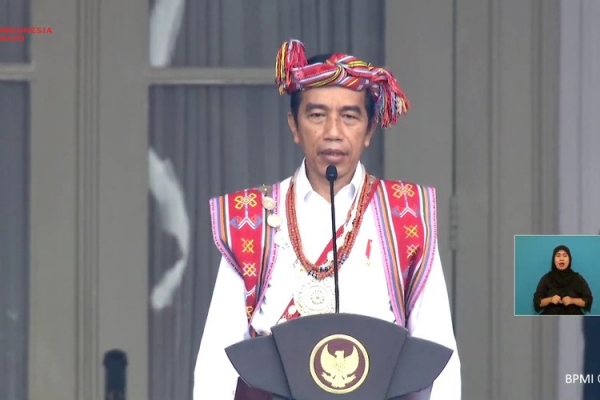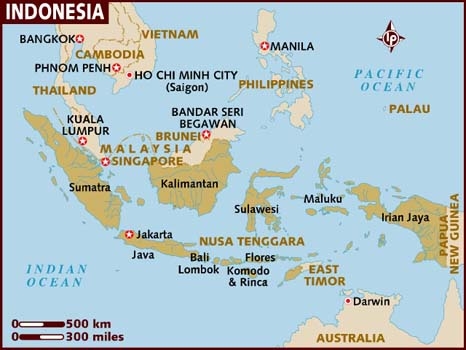Exeat: Day 148/84: 6x4" pictures and the petrol pump @ Tesco
Off to 'Timpsons' for photographics at Tesco. It's an indispensable service for me and I've been using it for several years now. Just take the camera chip in, leave it over night, and collect the prints next day; 10% discount as a loyal customer. No queues to be seen. The pictures used in this blog other than those grabbed from the internet have come through one or other of our faithful Red Canons SX 280HS. And whilst they all end up on the pages over the time sequence since lockdown their 6" x 4" album copies are now safely stowed alongside the hard copy print outs here! The count at 240 already is revealing in that there are frankly only two themes - family pictures and Avril's flower/ vegetable garden across the months. The latter really is quite extraordinary in its scope and of course several items are to be seen at different stages of growth.
[Our] cars still need petrol/ diesel. Easy to forget but after more miles than usual Avril's Citroen Cactus took us by surprise so it was a second reason for masking up at Tesco. We've still not mastered how to get Tesco's points from a pump but we managed to buy the higher octane petrol since the lower level had sold out at our location. Ah so!
Indonesian Independence Day 1945. The Dutch had no opportunity to recover their East Indies colonial lands after VJ Day. In collaboration with the Japanese who had occupied Indonesia in 1942 the indigenous independence groups declared independence on August 17th 1945. It brought to an end 350 years of the closest connections. In 1602 the Dutch had established the Dutch East India Company (VOC) becoming a nationalised colony in 1801 with Indonesian representation limited in government. Resistance was met with imprisonment and exile. The fight for independence included numerous internal conflicts with two dominant individuals, Mohammad Hatta and Sukarno. Sukarno is known for many famous speeches and in June 1945 at ‘Pancasila’ set out his five principles for the foundation of the nation of Indonesia. The invasion by the Japanese in Indonesia had added a new dynamic for the fight for independence. There were uprisings against the Japanese rule like the Dutch where farmers and other workers were being exploited by the Japanese and the Japanese had also tried to control Islam. Sukarno always believed during the war that independence could be achieved with the assistance of Japan and Hatta also worked with them. The end of the war on August 15 expedited the process and with the assistance of a high ranking Japanese military officer, Tadashi Maeda, the Declaration of Independence was drafted and on August 17th Sukarno and Hatta made the Declaration along with the youth leaders, Sukarno becoming President.
On the 75th Anniversary today President Joko "Jokowi" Widodo led the flag-hoisting ceremony at the Presidential Palace in Central Jakarta.

The Netherlands sought in vain to re-establish its dominion but formally recognized Indonesian sovereignty at the 1949 Dutch–Indonesian Round Table Conference with the exception of the Netherlands New Guinea (Western New Guinea) which was ceded to Indonesia 14 years later in 1963. From 1963-1966 Indonesia further sought to take the Malaysian provinces in Borneo and Brunei but was defeated by Commonwealth forces. An attempted coup in 1965 led to a violent army-led anti-communist purge in which over half a million people were killed and General Suharto politically outmanoeuvred President Sukarno to become president in March 1968. His 'New Order' garnered the favour of the West whose investment in Indonesia was a major factor in the subsequent three decades of substantial economic growth but Indonesia was the country hardest hit by the East Asian Financial Crisis which led to popular protests and Suharto's resignation in 1998. The Reformasi era following Suharto led to a strengthening of democratic processes including a regional autonomy program, the secession of East Timor* to become independent and the first direct presidential election in 2004. Political and economic instability, social unrest, corruption, natural disasters, and terrorism have slowed progress and although relations among different religious and ethnic groups are largely harmonious acute sectarian discontent and violence remain problems in some areas.

_________________________________________________________________________
* East Timor was colonised by Portugal in the 16th century, and was known as Portuguese Timor until 28 November 1975 when the Revolutionary Front for an Independent East Timor (Fretilin) declared the territory's independence. Nine days later it was invaded and occupied by the Indonesian military who declared it Indonesia's 27th province the following year. This occupation of East Timor was characterised by a highly violent, decades-long conflict between separatist groups (especially Fretilin) and the Indonesian military. In 1999 following the United Nations-sponsored act of self-determination Indonesia reluctantly relinquished the territory and Australia worked with the UN to ensure independence was achieved.
Published Date: August 17th 2020
|





